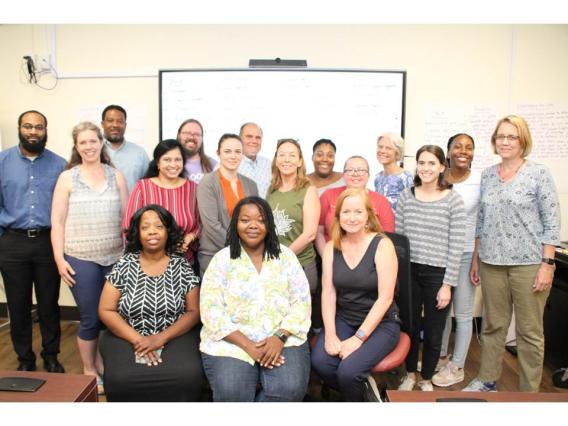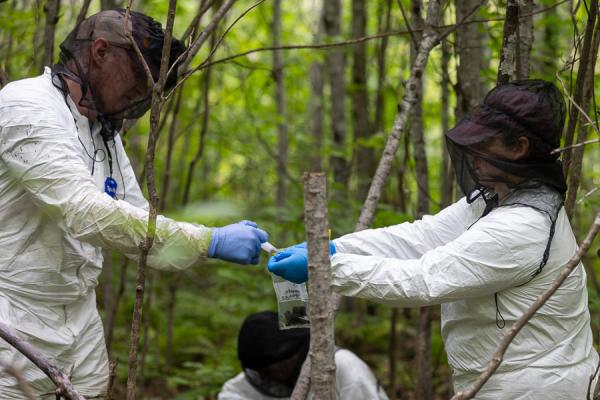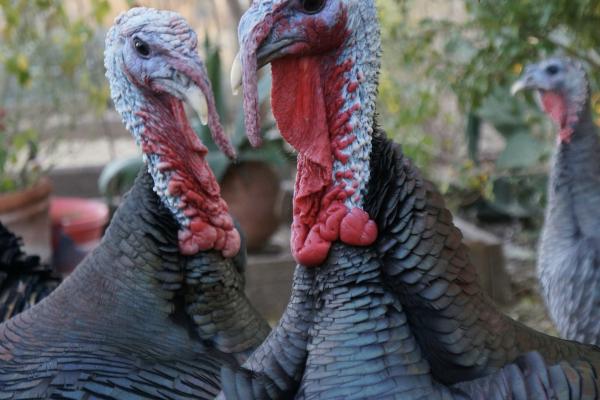Learning about the importance of anti-bias and anti-racism at Tuskegee Institute
October 26, 2023
Summer 2023, VBS Associate Professor Dawn Foster-Hartnett and VBS Professor and Chair Kent Reed were invited to the Tuskegee Institute in Tuskegee, Alabama to attend an anti-bias anti-racism workshop supported by the Howard Hughes Medical Institute and EduSTEM/NSF. The organization's objective is to identify barriers that minorities and women face in undergraduate STEM education. Dawn and Kent recently took the time to answer some questions about their experience.

1. What does anti-racism and anti-bias mean to you?
Kent: Working in this space I think one important thing to accept is that we all have biases and prejudices. Being aware of bias, both explicit and implicit, helps us to understand how we view the world and interact with others. Anti-bias and anti-racism are not the same as non-biased or non-racist, but the intentional act of opposing bias and racism.
Dawn: I would echo what Kent said. I’ve come to realize that we need to examine and understand the biases we all have. Our job is not simply to try to be non-racist as a person, but instead work intentionally to dismantle racism as it pervades our society. This is more challenging, but more likely to achieve real change.
2. What was the most impactful part of the workshop at the Tuskegee Institute?
Kent: "The most impactful part of the workshop for me was the connection between the workshop focus and being at Tuskegee. The ability to interact with their faculty and the shared experiences we had touring a number of historical sites and museums dedicated to the historical racial oppression in the US."
Dawn: "The combination of visiting the Legacy Museum in Montgomery and debriefing with others from around the country, especially students, staff and faculty from Tuskegee University. I was really inspired by their expertise and dedication to make the university a transformational space."
3. What is your biggest takeaway from that experience?
Kent: We all have a voice and can make even a small difference.
Dawn: Each of us has a responsibility and a role to play, even if it seems small.
4. What can we do to promote anti-racism?
Kent: "Work to better understand the history and underlying biases present in our society and its institutions and be an ally whenever possible."
Dawn: "Learn more about the history and lived experiences of POC, listen to a diversity of voices; this will give us the empathy we need to act."
(First photo of Tuskegee museum. Second group photo includes Kent Reed-back row 4th in from the left side and Dawn Foster-Hartnett-first in second row on far right side; along with their Anti Bias Anti Racism workshop cohort at the Tusekegee Institute.)


